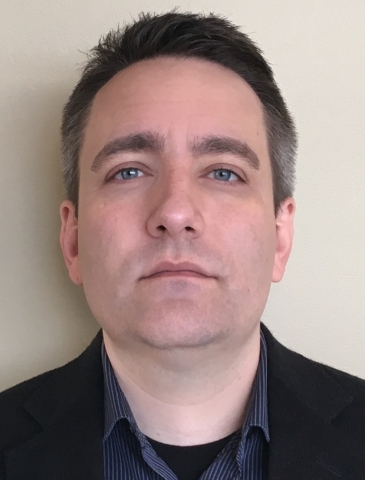Speaker Series: Jedidiah Kroncke

The life of Chinese legal scholar Wu Jinxiong has long attracted the attention given his diverse intellectual interests and high profile in Chinese judicial politics and constitutional reform during the 1930s and 1940s. Like many of his generation, Wu’s education combined traditional Confucian schooling with study at multiple Western-influenced institutions. During his first law degree, he converted to Christianity and his religious journey ultimately led him to become one of the most notable Catholic Chinese intellectuals of this era. Episodes of his transnationalized life have been well-studied—from his relationship with Oliver Wendell Holmes to his engagement with numerous other Western intellectuals.
Yet, Wu’s life after the end of the Chinese Civil War in 1949 has received less attention. During this period, Wu spent fifteen years in the United States primarily teaching law at Seton Hall University before returning to Taiwan for the final years of his life. While the least studied time of his life, Wu’s post-1949 life in the United States was a critical juncture in his ongoing quest to reconcile his Confucian sympathies with his Catholic faith and was a significant contributor to debates both about natural law and the relationship of Vatican II to Catholic legal thought. In particular, he became closely associated with prominent Catholic scholars who fervently promoted Edmund Burke’s ideas, such as Russell Kirk and Peter Stanlis, and influenced his post-World War II elevation in conservative American legal thought.
Yet, Wu’s return to Taiwan was impacted by the complications of these debates crosscut by Cold War geopolitical tensions and related racial politics. Recovering the transnational significance of this episode of Wu’s life is revealing not only as an example of the challenges diasporic Chinese intellectuals faced during this era but also how his relatively unique intellectual commitments shed light on less emphasized tensions in Catholicism and American Cold War geopolitics of this era. Amidst rising contemporary Sino-American tensions and renewed debates over the role of Catholic legal thinking in US politics, Wu’s complex American experience as a transnational intellectual is newly provocative and probative.
To register, contact Sophie Kofman at skofman@abfn.org.
Dr. Jedidiah Kroncke is an associate professor of law at the University of Hong Kong, joining the faculty in August of 2018. He currently teaches property, equity and trusts, as well as courses in common law reasoning for civil law students.
Previously, he was a professor at FGV Sao Paulo School of Law, and before this he was the Senior Fellow at the East Asian Legal Studies Program at Harvard Law School. Dr. Kroncke garnered a range of awards and fellowships as he earned a B.A. in Asian Studies and Legal Studies from the University of California Berkeley, a J.D. from Yale Law School, and a Ph.D. in Social and Cultural Anthropology also from the University of California, Berkeley. After graduate school, he was awarded the Oscar M. Ruebhausen Fellowship at Yale Law School, the Samuel I. Golieb Fellowship in Legal History at NYU Law and the Berger-Howe Fellowship in Legal History at Harvard Law School. He has been a visitor at the International University College of Turin and the National University of Singapore.
Dr. Kroncke’s research centers on international legal history and the comparative study of alternative labor and property institutions. His interdisciplinary work draws on the US, Chinese and Brazilian legal experiences, and is devoted to the productive indigenization of comparative legal analysis. He routinely presents his work at leading law schools across the globe, and is a reviewer for several leading international journals as well as the university presses of Oxford and Cambridge.

